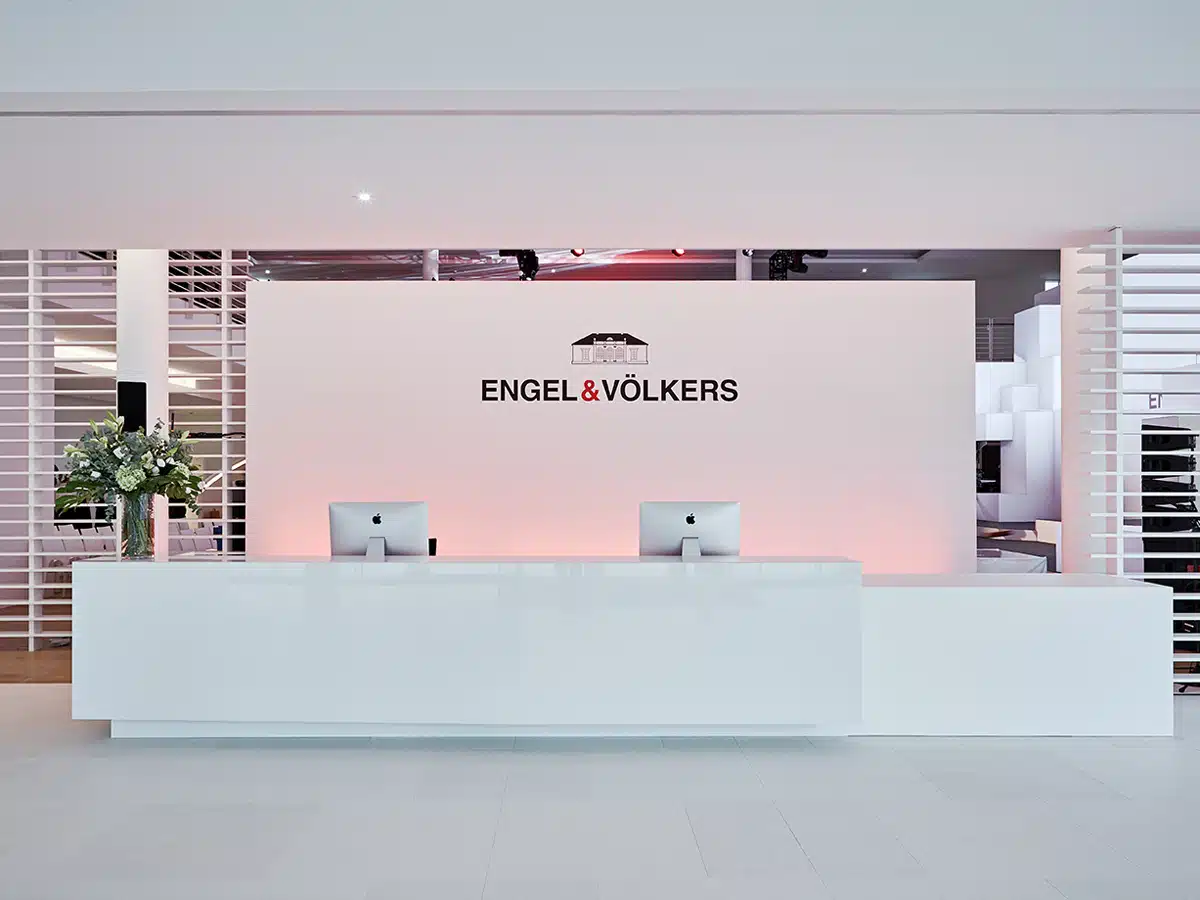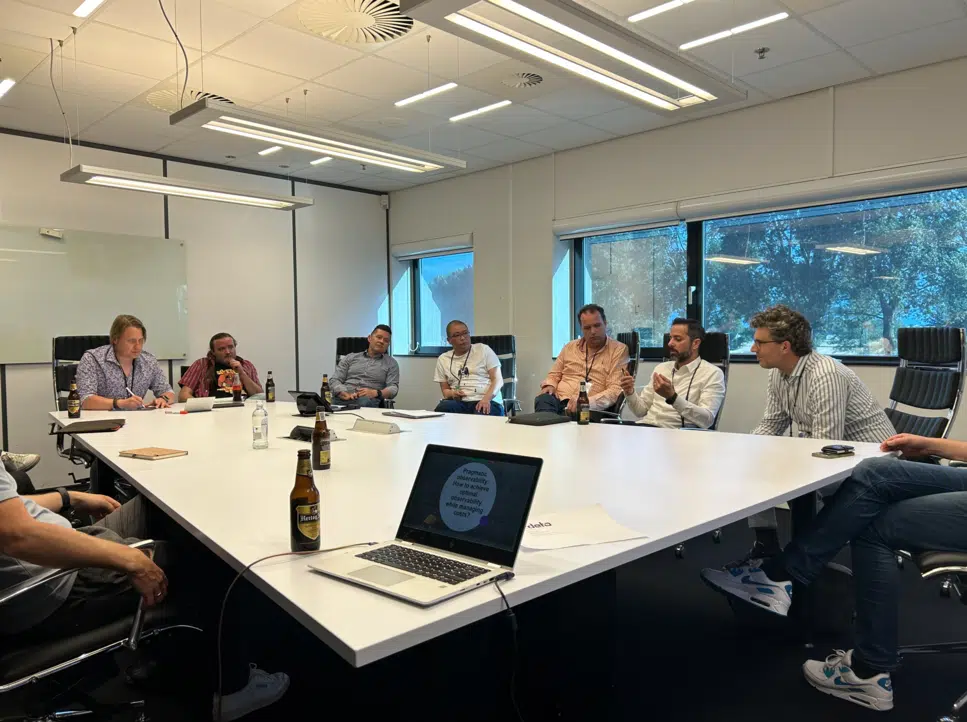In our latest Talent Leaders Q&A series, we speak with to Neha Patel, Head of Talent at Qudini, about the changes to talent sourcing, the challenges she is faced with when sourcing technical talent at Qudini and the importance of employer branding.
Third Republic (TR): How have you seen recruitment and sourcing talent change during your career?
Neha Patel (NP): It really has changed quite quickly – when I started it was all about jobsites, mapping skills and calling and emailing candidates to get through to them. Now it has become more like employer branding – ensuring your name is out there and getting in front of people.
There is a crossover between marketing and recruitment/talent sourcing that has
become really important over the past few years, which I don’t think was very important previously.
TR: Would you agree with the statement that ‘the recruitment model is broken’?
If so, why?
NP: I don’t think it is broken, it is just the way in which recruitment has changed. It’s not like it used to be when you could send passive emails and people would respond to them.
Now you need to be more personalised and more targeted to attract the right candidates. For instance, targeting someone who has a completely different profile to the position you are trying to fill, will result in a lost candidate as they will think you haven’t taken the time to review their requirements.
It has really changed, I don’t think it is broken, I think you need to make a loop out of
it and join the ends to get the whole process completed.
TR: How do you currently overcome this at Qudini?
NP: At Qudini, I make sure to understand the business needs first in order to target the right kind of people. I use the usual recruitment channels such as LinkedIn to target technical candidates, but the important thing for me is employer branding – it is about getting Qudini’s name out there.
The product we have is used by a lot of end-users, but not everyone knows it’s from Qudini because we work within big brands, and this is how the end-users come across our platform. It is essential for us to improve the strength of our employer branding and get the name out there.
Even though we have been around for 7 years and no longer consider ourselves a start-up, there are still many candidates who aren’t aware of us as they haven’t seen our brand anywhere. The focus is on targeting those candidates and introducing them to the brand.
TR: Do you believe that technical candidates, like DevOps engineers or Salesforce
Developers are harder to source?
NP: Of course, it’s normal for these types of candidates to be difficult to source. For example, I recently posted a marketing position at Qudini on LinkedIn, we were overwhelmed with applications (from predominantly quality candidates), and we have had to close the ad early in order to review and respond to all the applications. Even for our sales positions we receive relatively high response rates, compared with technical positions – they are notoriously difficult to recruit for.
If you post a job ad it is more about passively sourcing and targeting the right sort of candidate. It’s not about posting a job ad and the right kind of candidate would apply for it and wait for your reply.
TR: Are there any particular tools or technologies you use to overcome these
challenges?
NP: I try to send emails and InMails to the right kind of candidates, while ensuring that they are looking for something new.
We use platforms like Talent.io which is helpful – they help with sourcing relevant candidates, they have a brief and whether someone is actively looking for a position, ensuring that you are contacting active candidates. Not too dissimilar from your standard job boards.
It’s about reviewing and analysing the candidate profiles and sending the right message, to the right candidates, at the right time.
TR: Do you think the rise in digital and technology will continue to influence and alter the industry?
NP: Definitely, technology is influencing a lot, and I believe it will continue to keep
influencing.
I think everyone needs to be up to date with technology trends, changes, and advancements in order to ensure they remain relevant in this digital age.
Changes are continually happening – every six months there are new technologies being introduced across industries.
TR: So, would you say we are now working in a candidate-driven market?
NP: Personally, think it’s both. While it’s definitely more of a candidate-driven market, we are seeing plenty of candidates looking for jobs as well.
It all comes down to being in the right place at the right time and building relationships with quality candidates as soon as you find them. Quality technical candidates aren’t on the market for long, and will likely have lots of offers, finding something new within 1 to 2 weeks – you have to act fast and remain driven.
TR: Do you tend to contact candidates using a more passive or active approach?
NP: Passively. If you approach someone, you would see a lot of interest
coming through as they would ask for the job ad/description and say they want to
have a look at it. Then it is totally up to you how you drive that candidate forward like
if you have contacted the right person and get them interested and talk to them.
TR: One of the biggest talent sourcing trends now is around the candidate experience, and diversity and inclusion in the hiring process. How have you tackled this at Qudini?
NP: I send candidates a link to Glassdoor asking for feedback on their experience with us. This helps us to work on problem areas and deliver a more positive process to each candidate.
It’s also about being transparent about the process and making it simple. At Qudini, we have a simple interview process (a telephone interview, a technical phone screen, face to face interview with an assessment, a coding test and meeting the team).
TR: Finally, do you think that recruitment agencies can provide value in these
competitive, fast-moving markets?
NP: It depends, there are two types of recruitment agencies – ones that are really pushy and just want to get their roles filled, contrasted with the agencies who are patient, and specialists in their industries. These recruiters will take the time to understand the business and what you are looking for.




